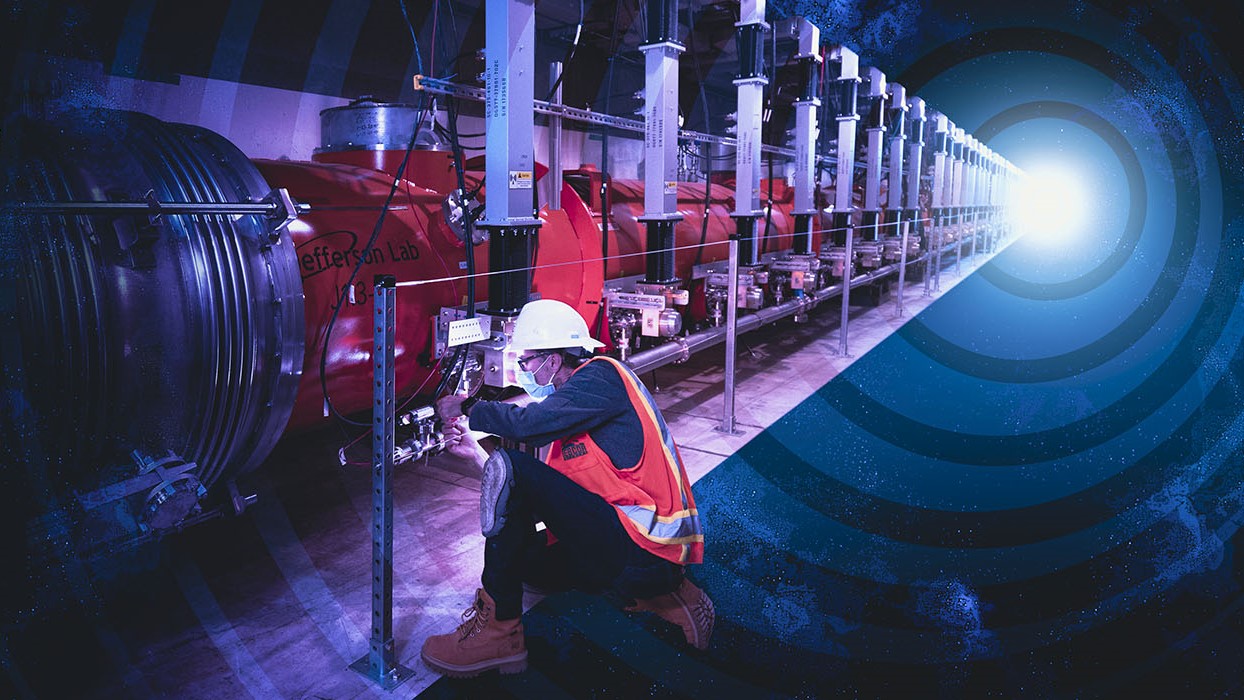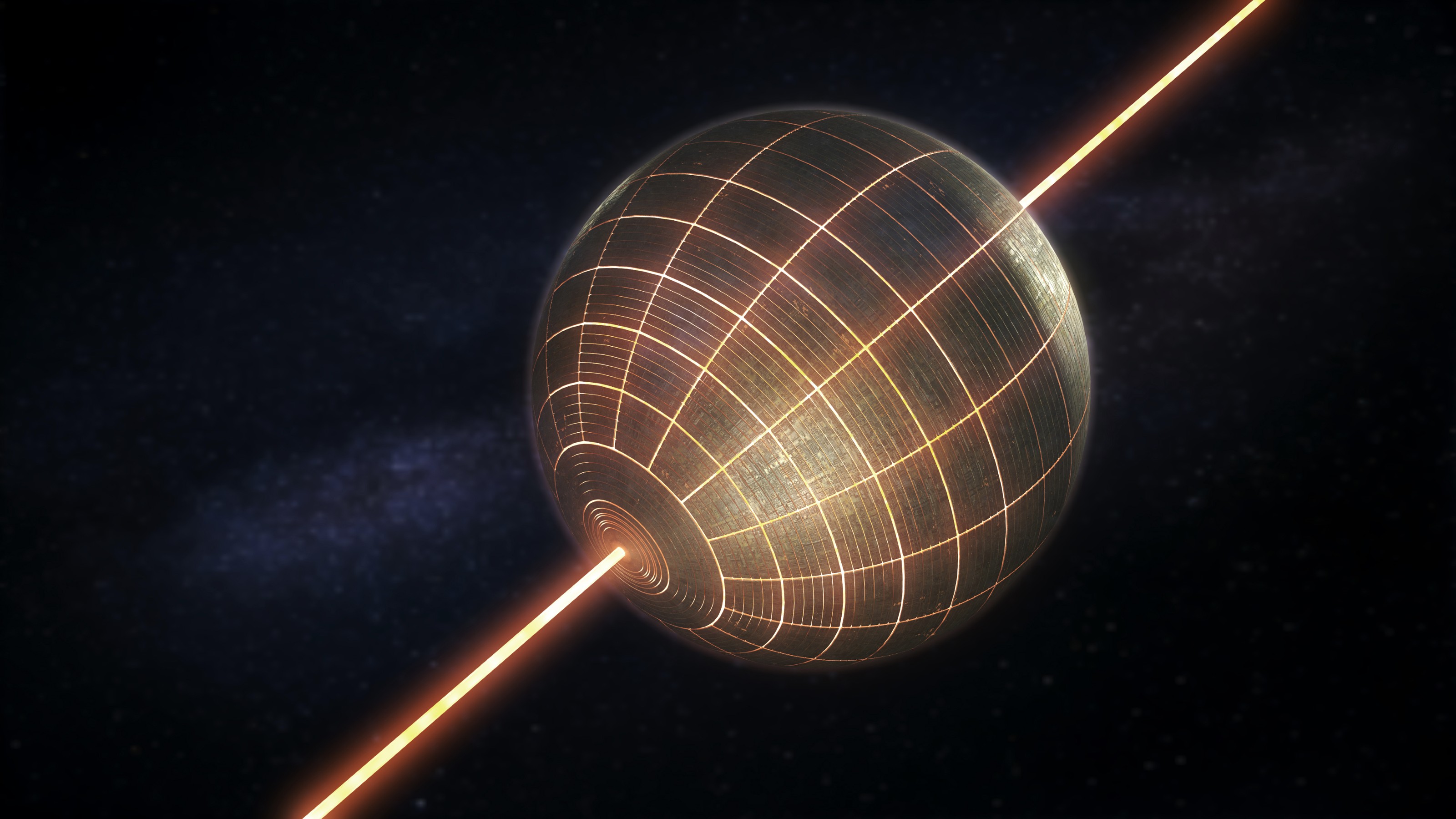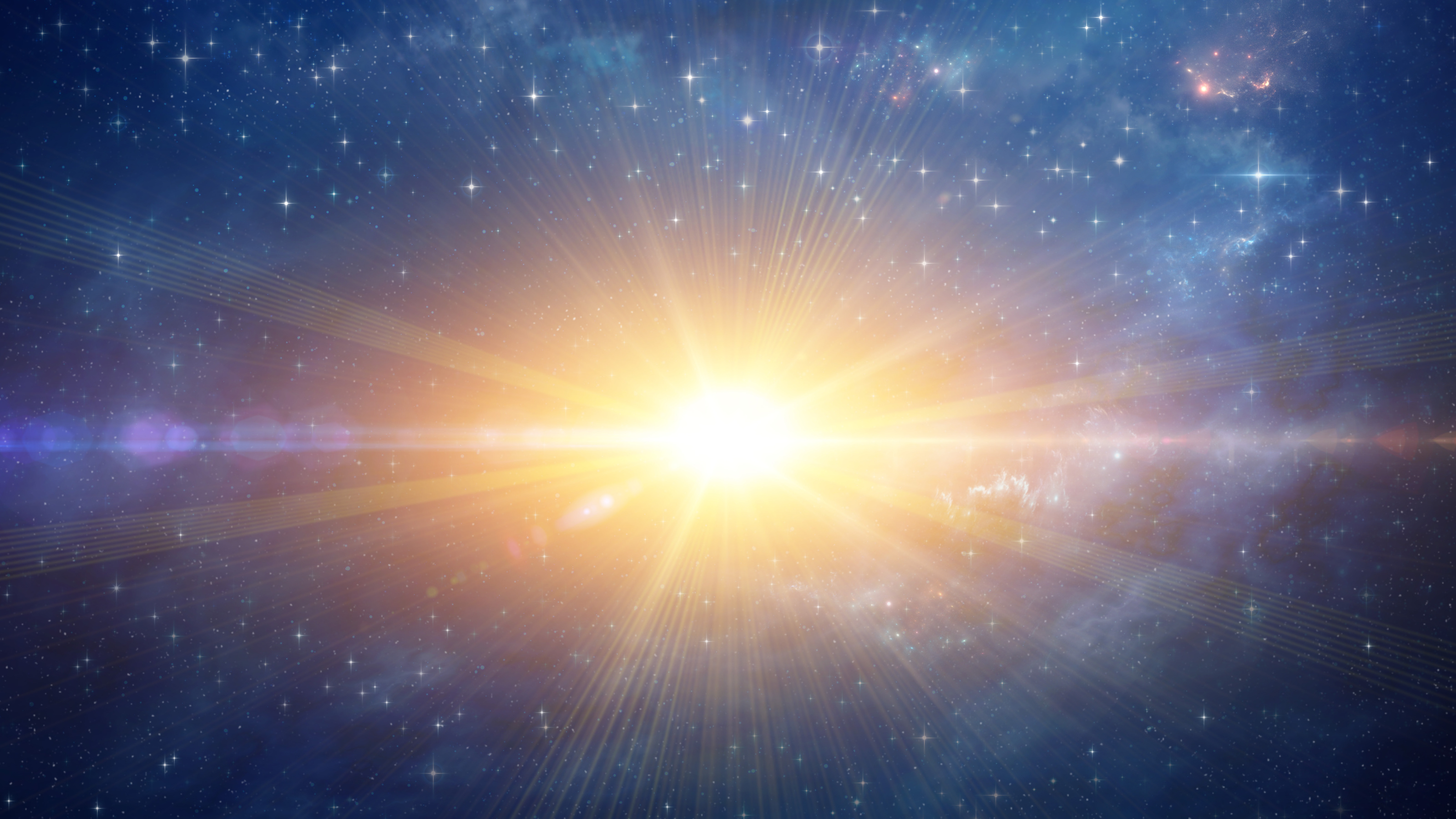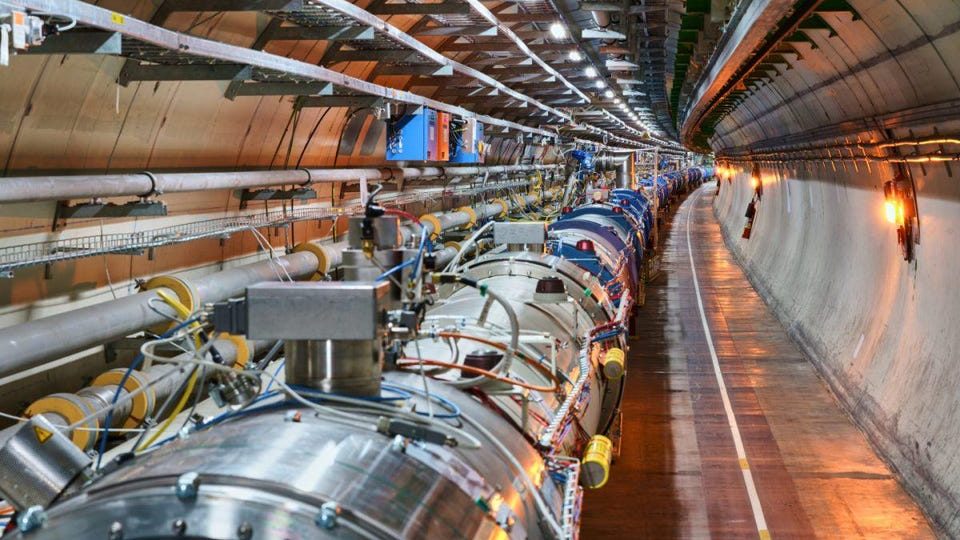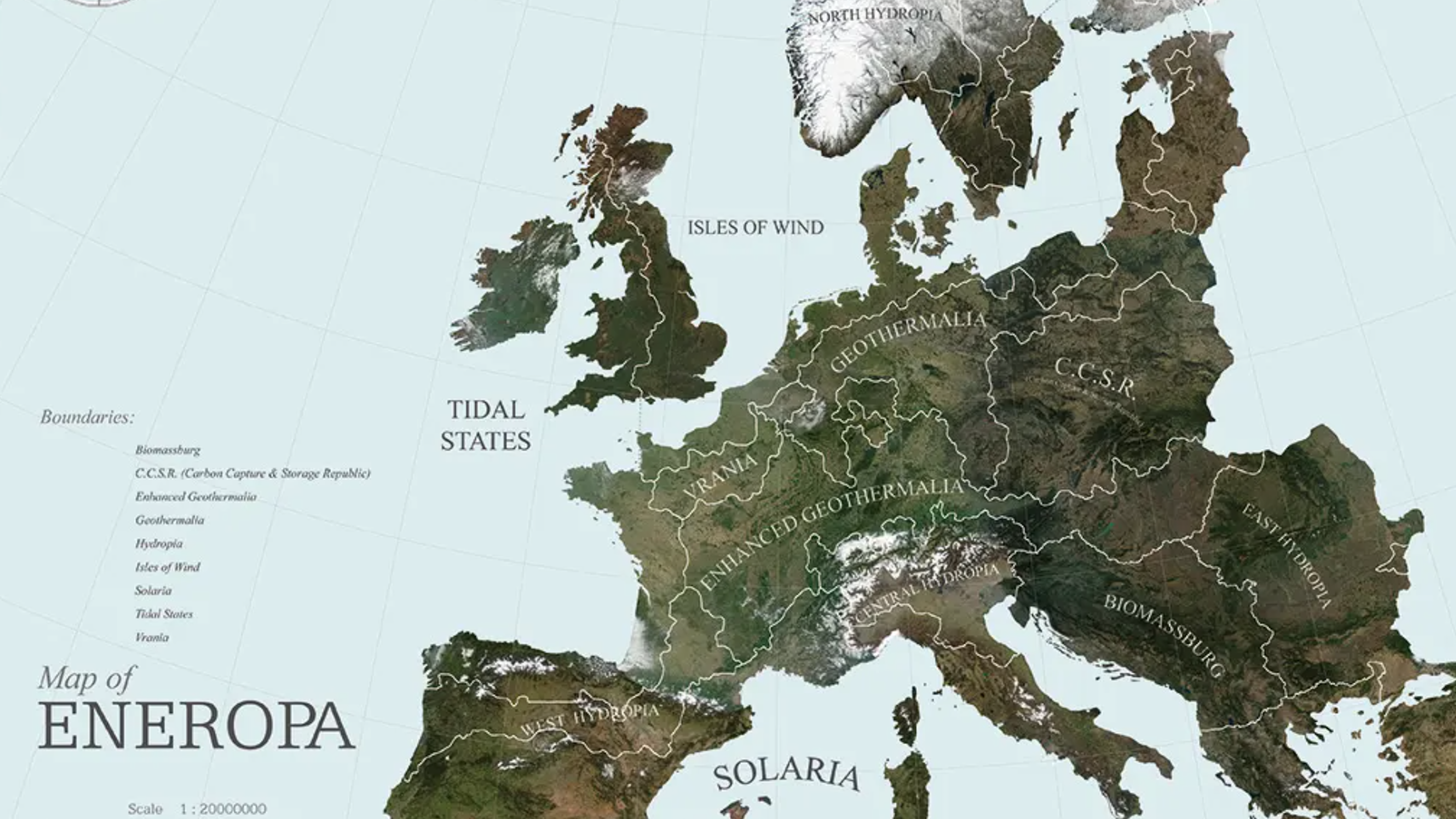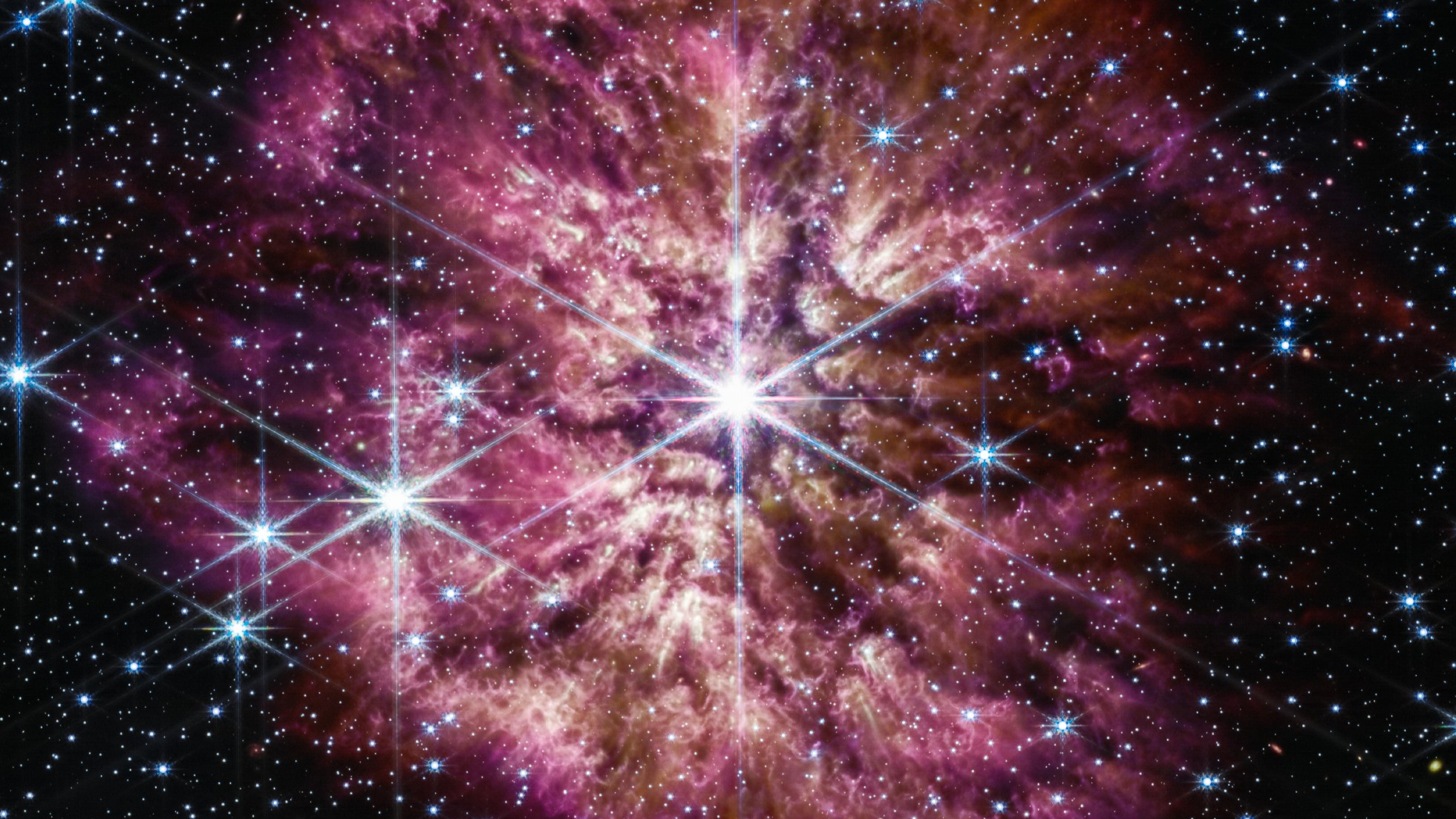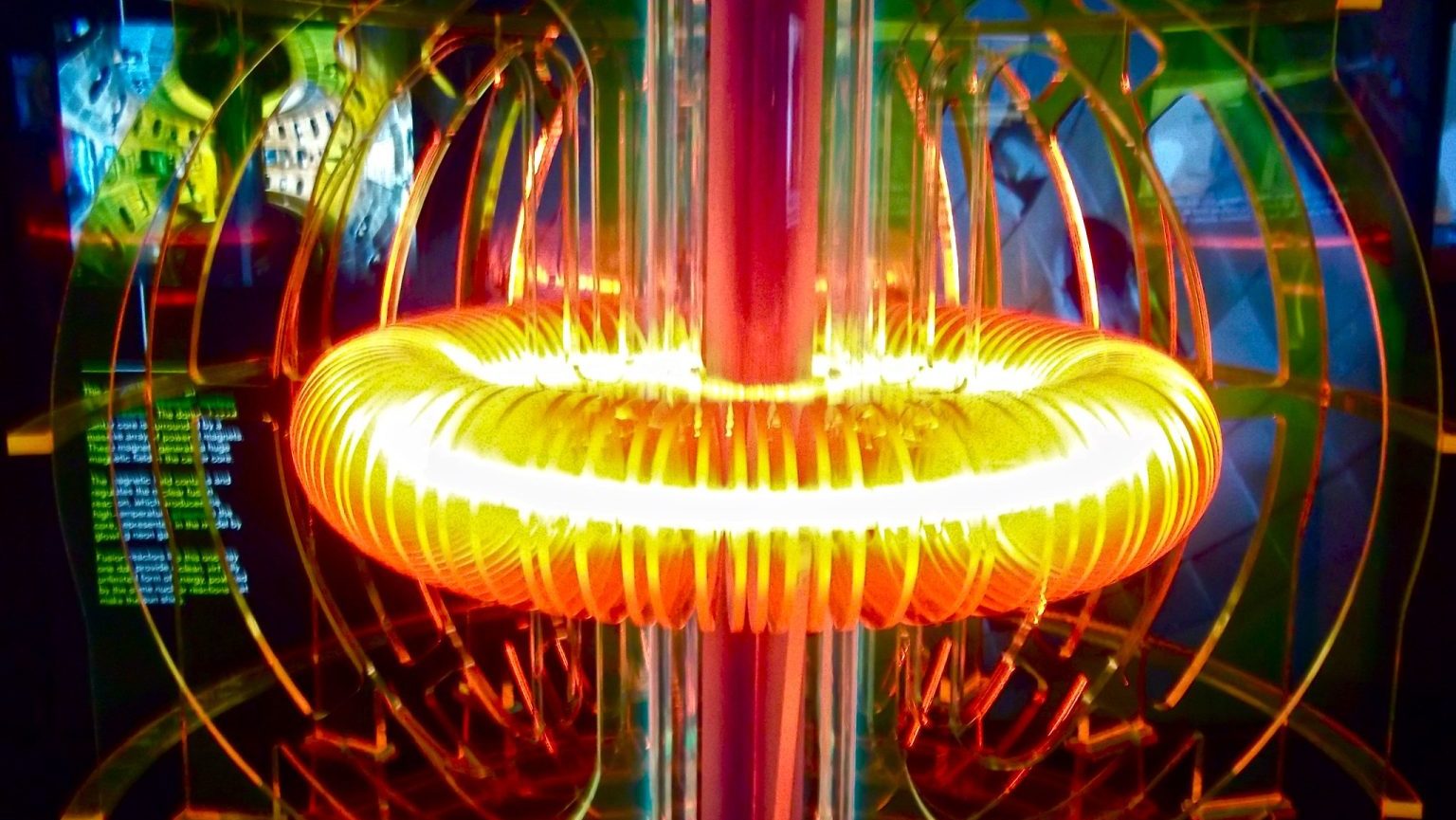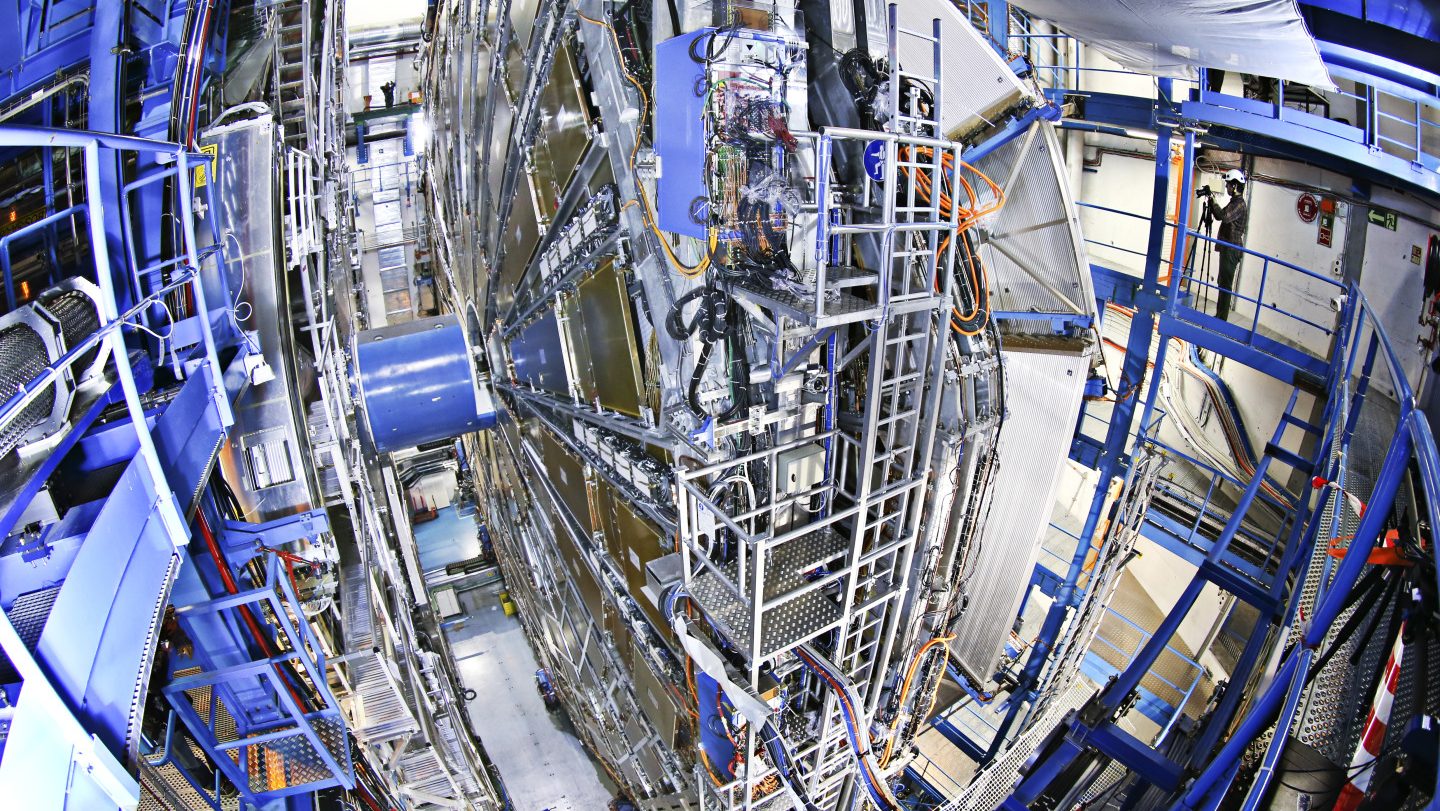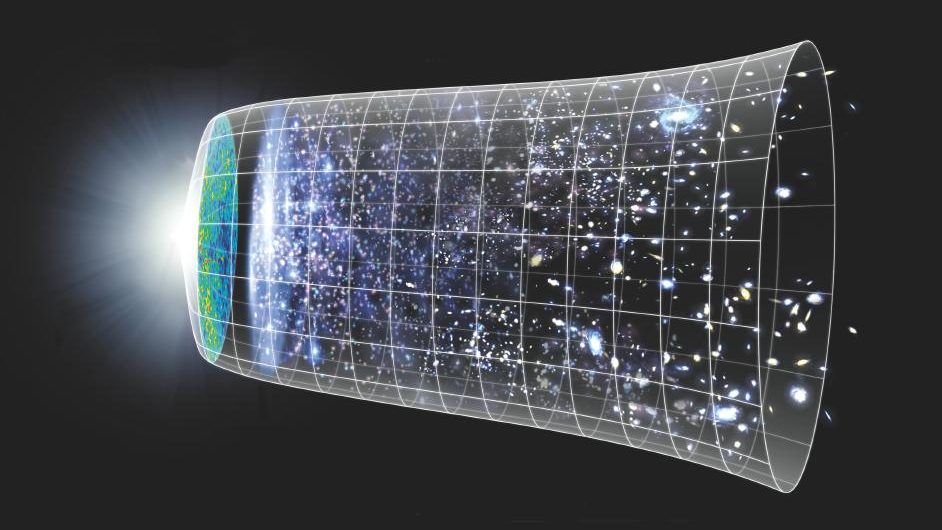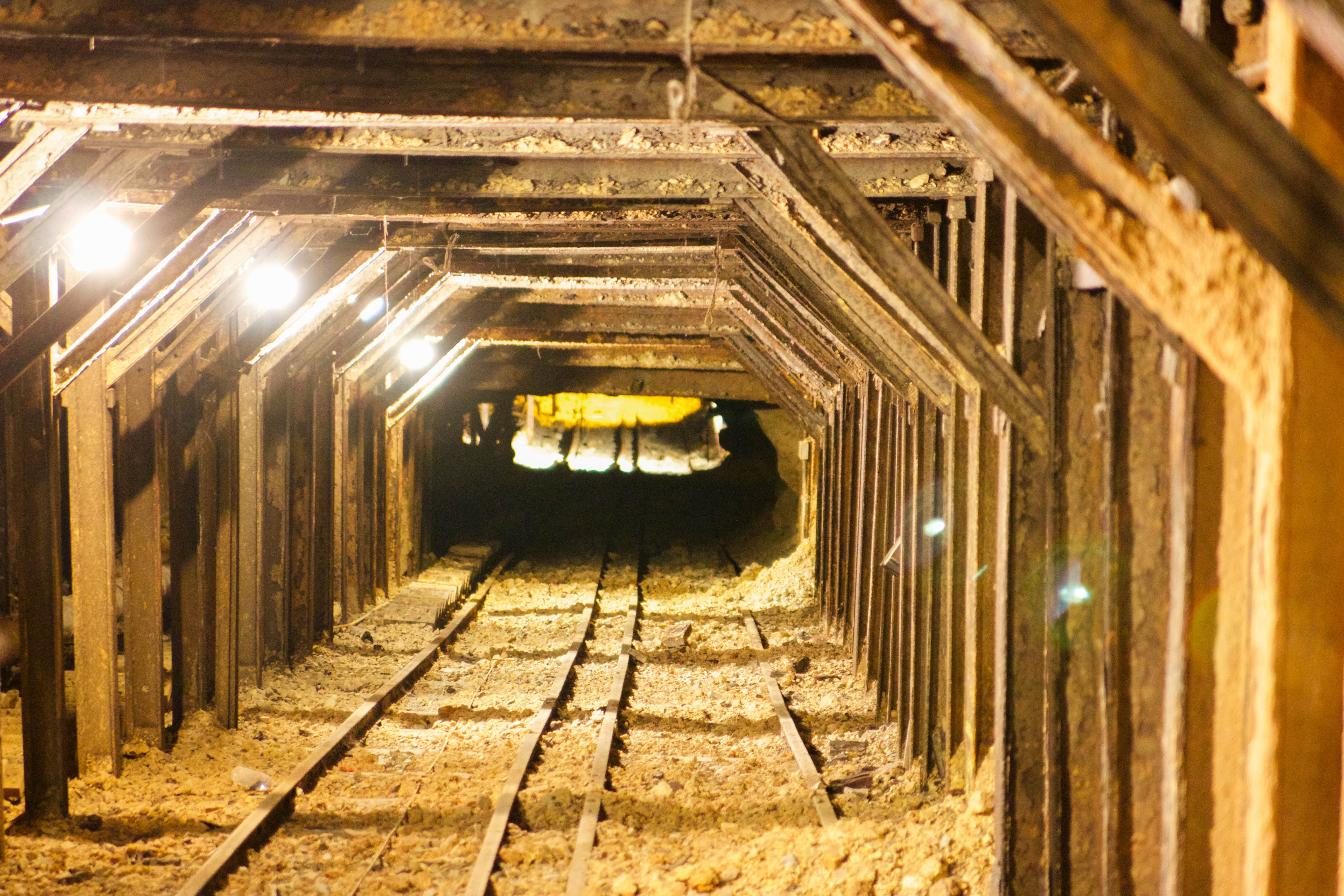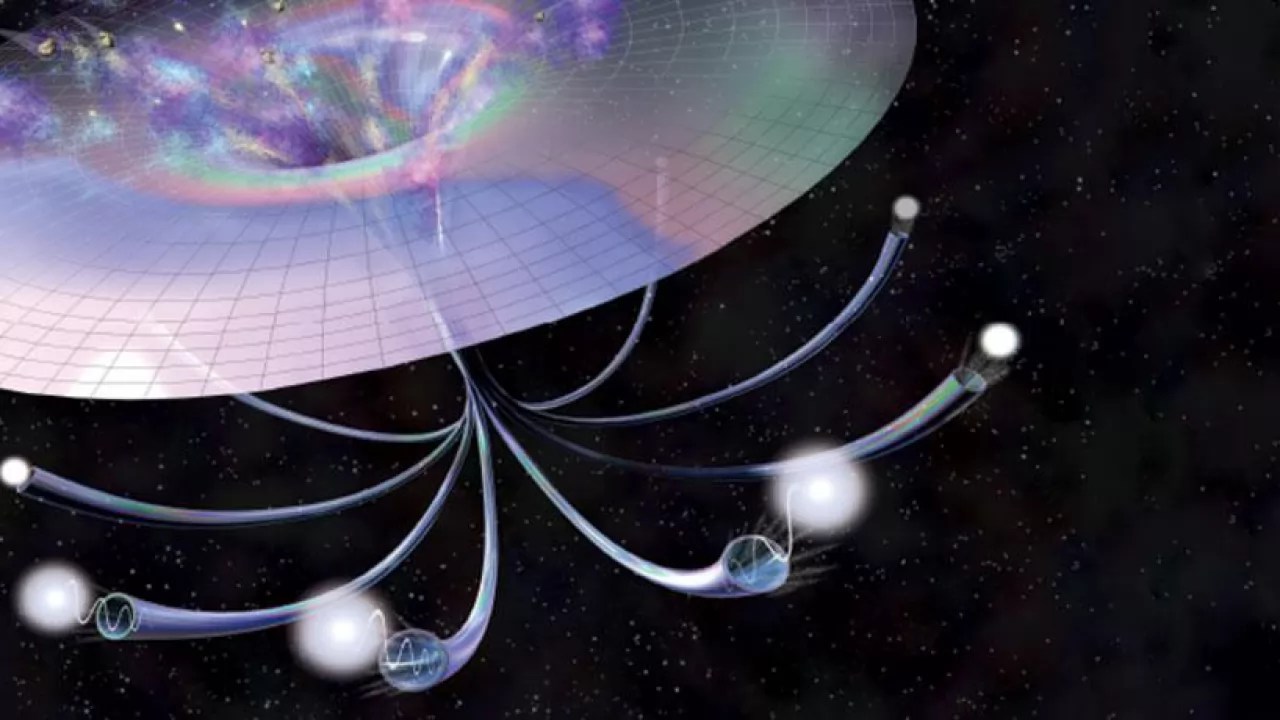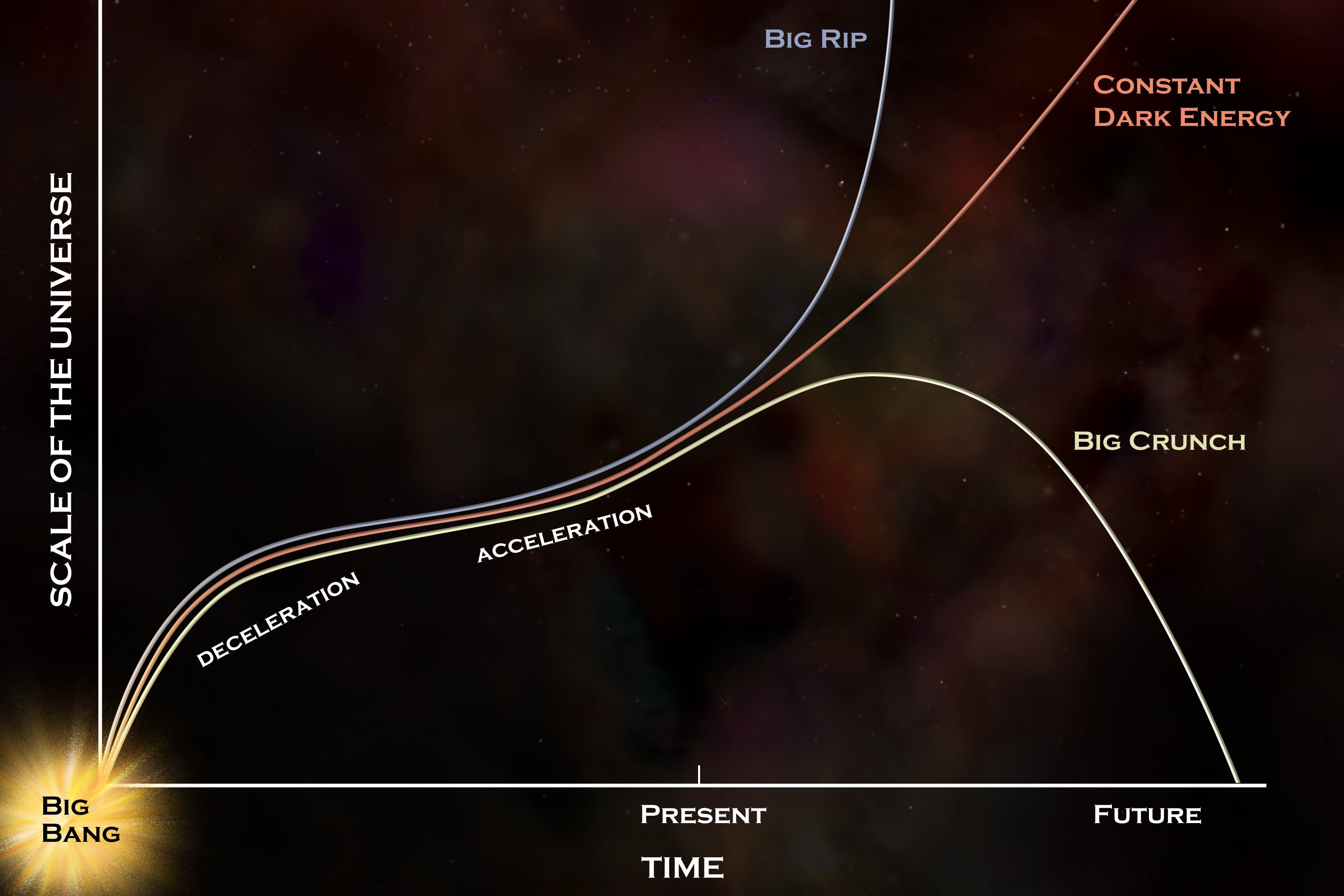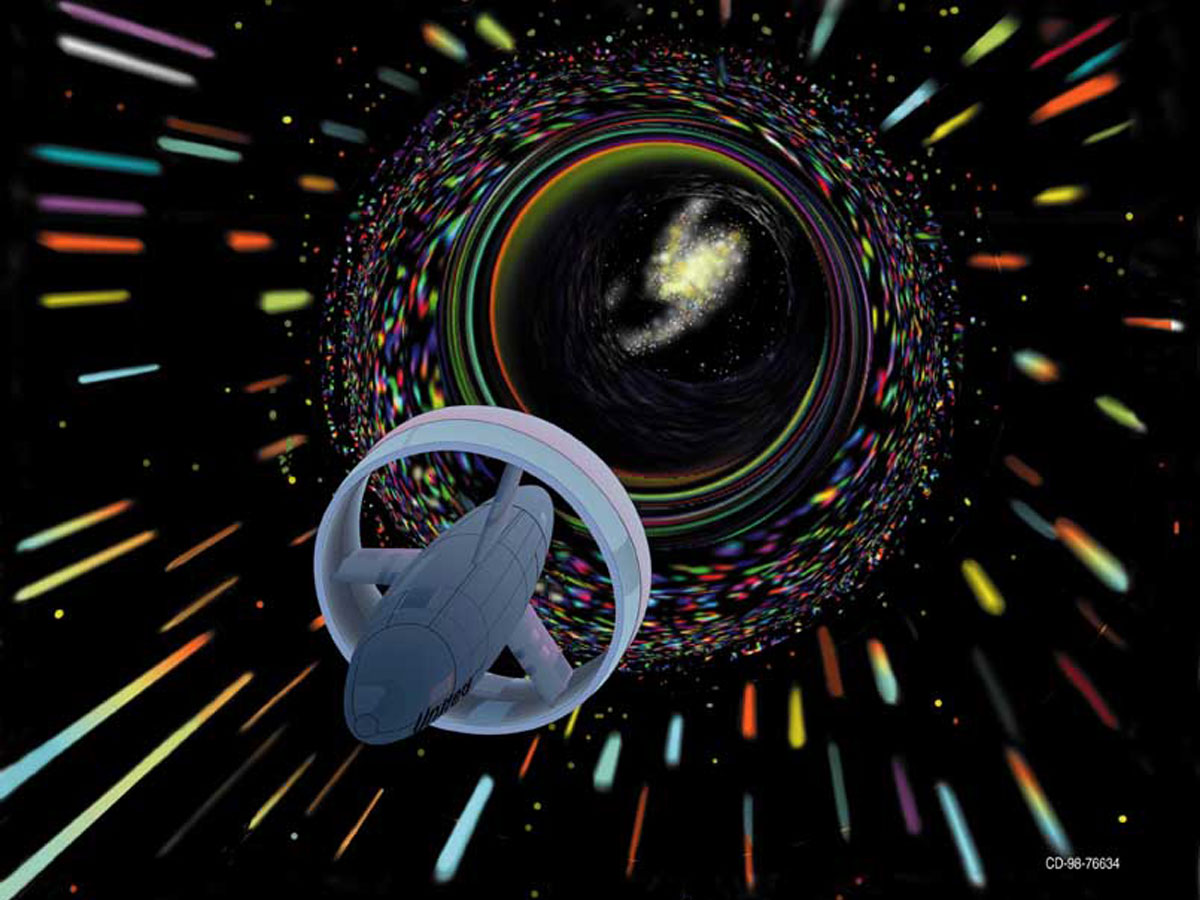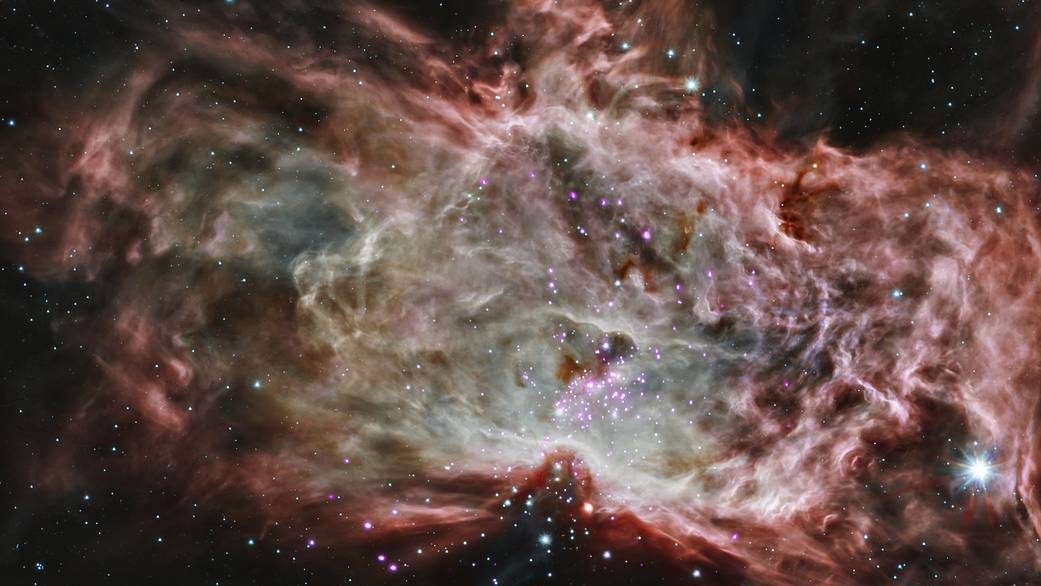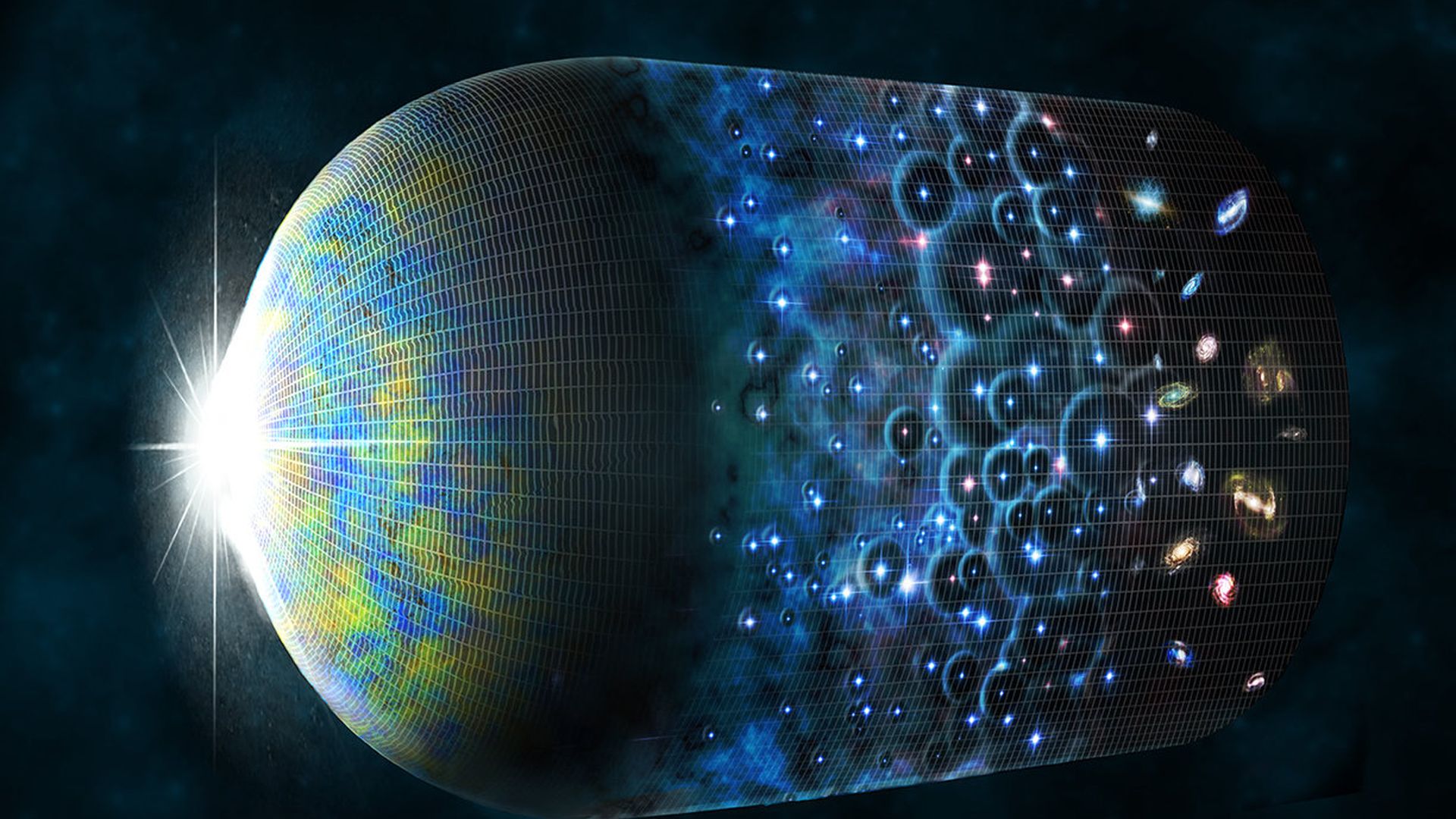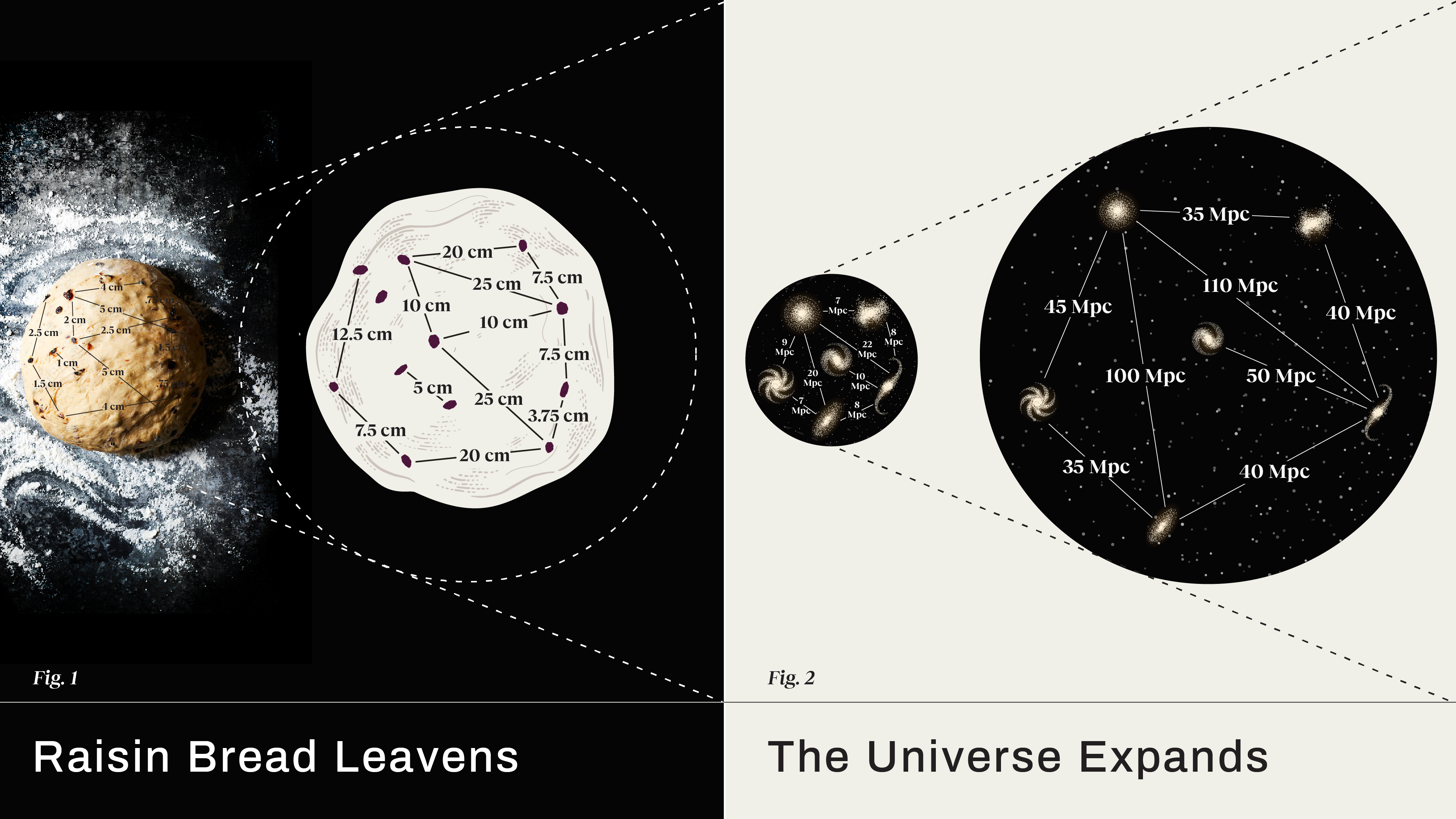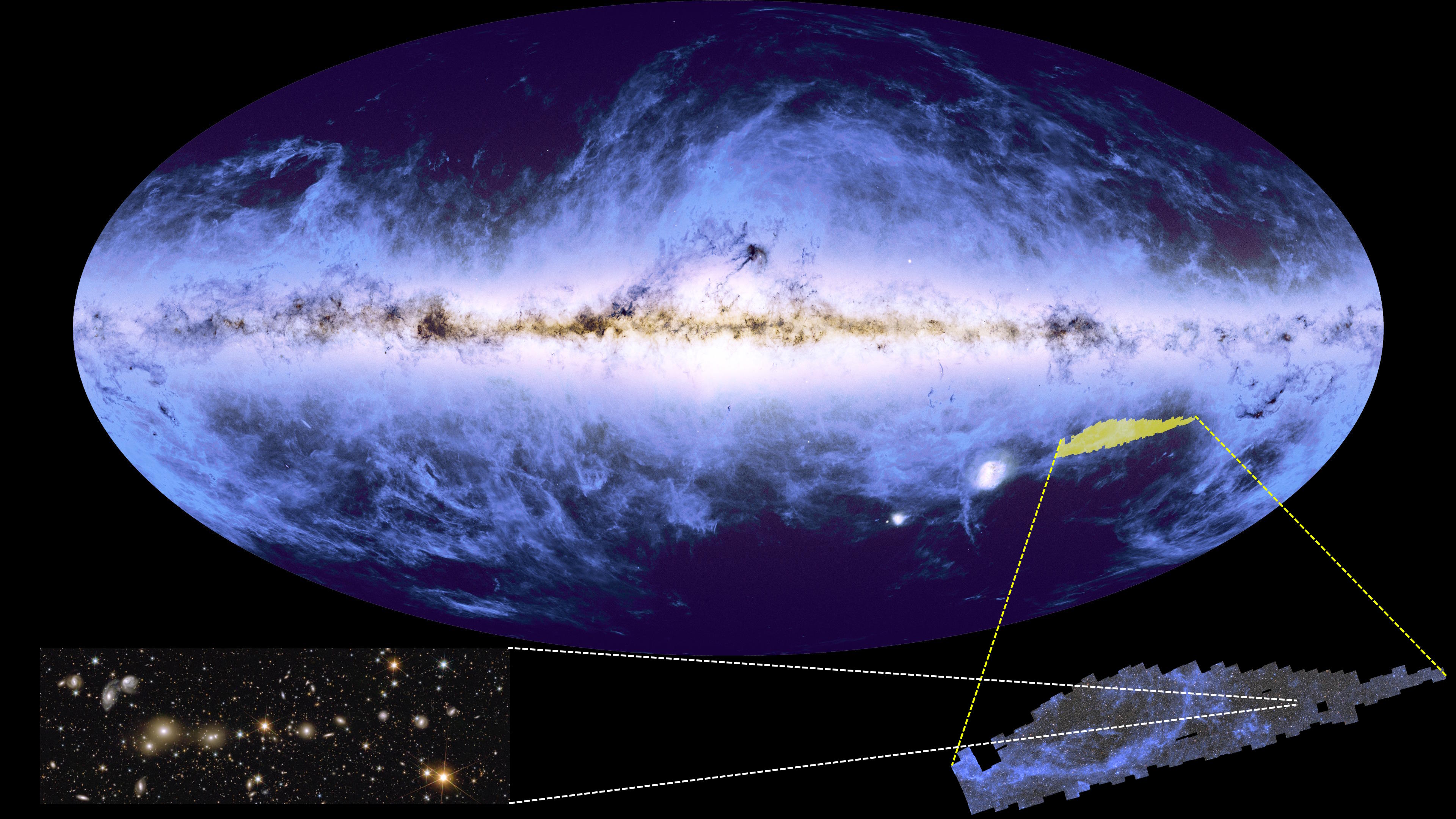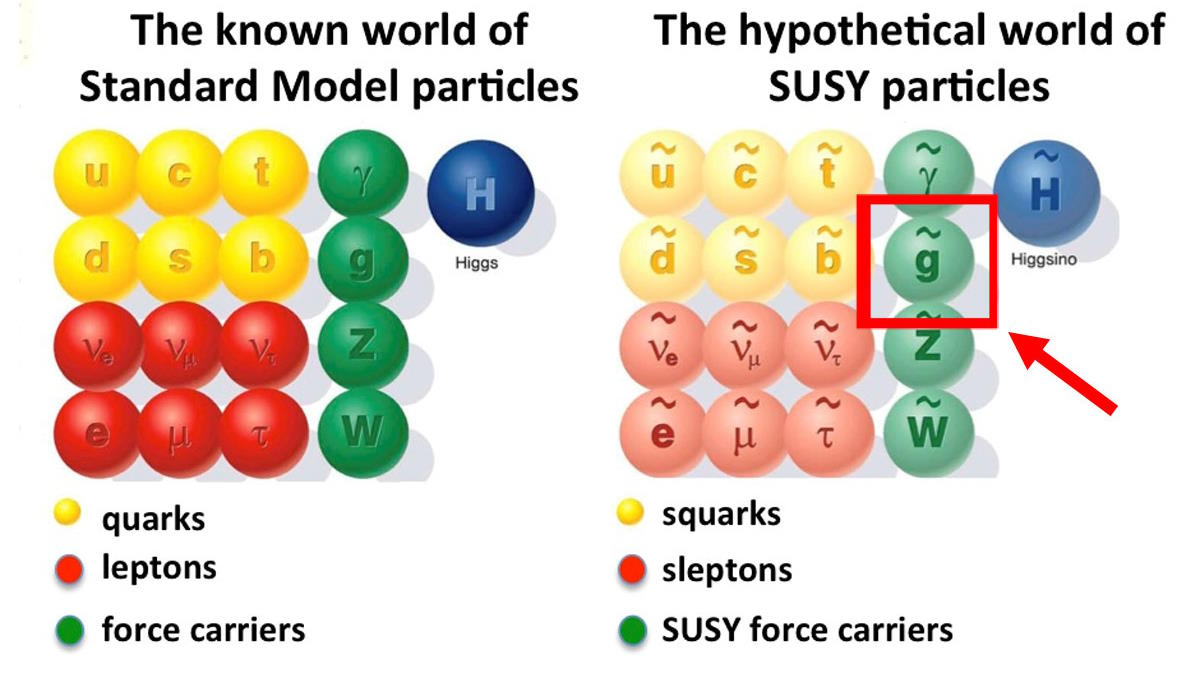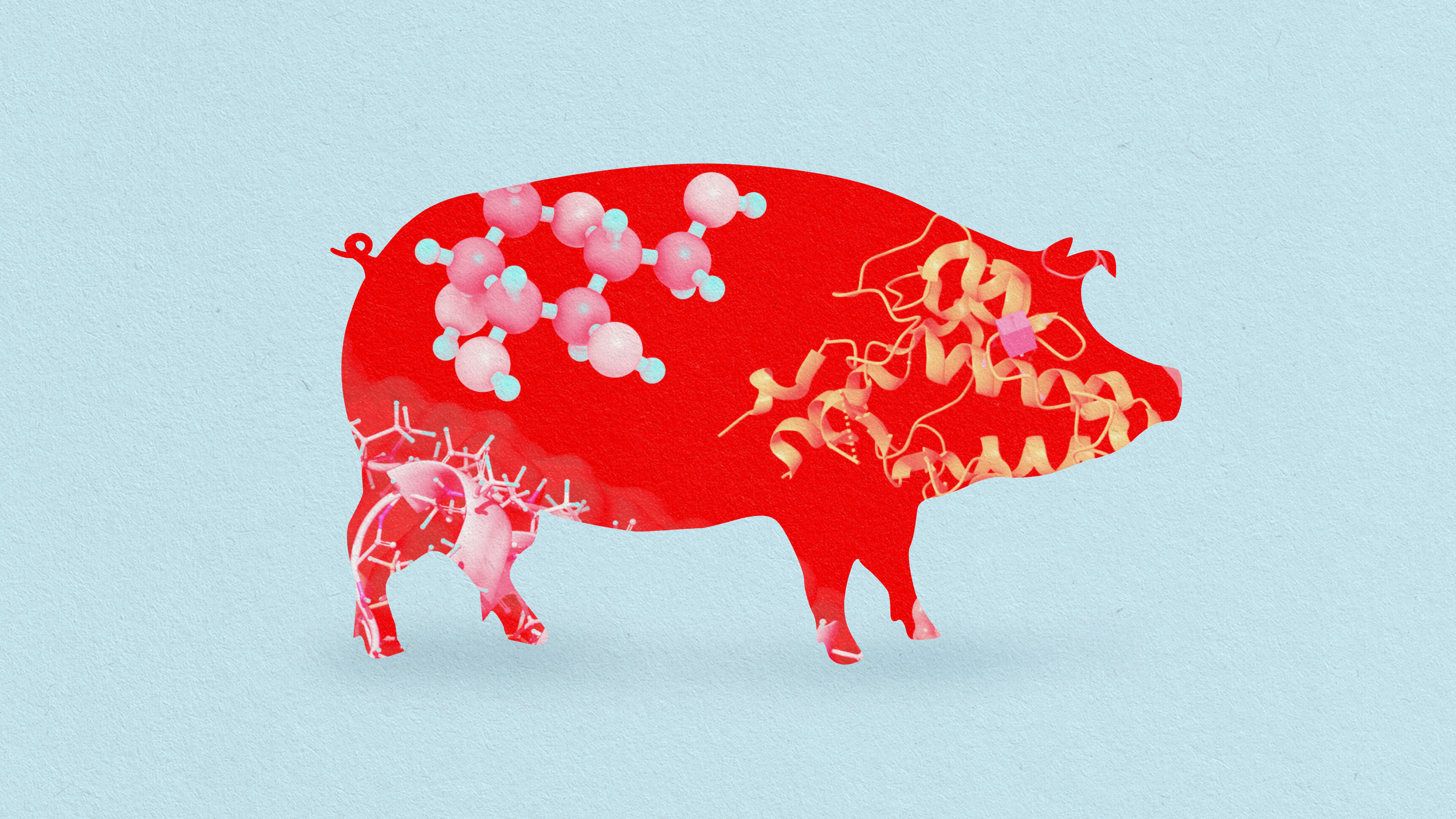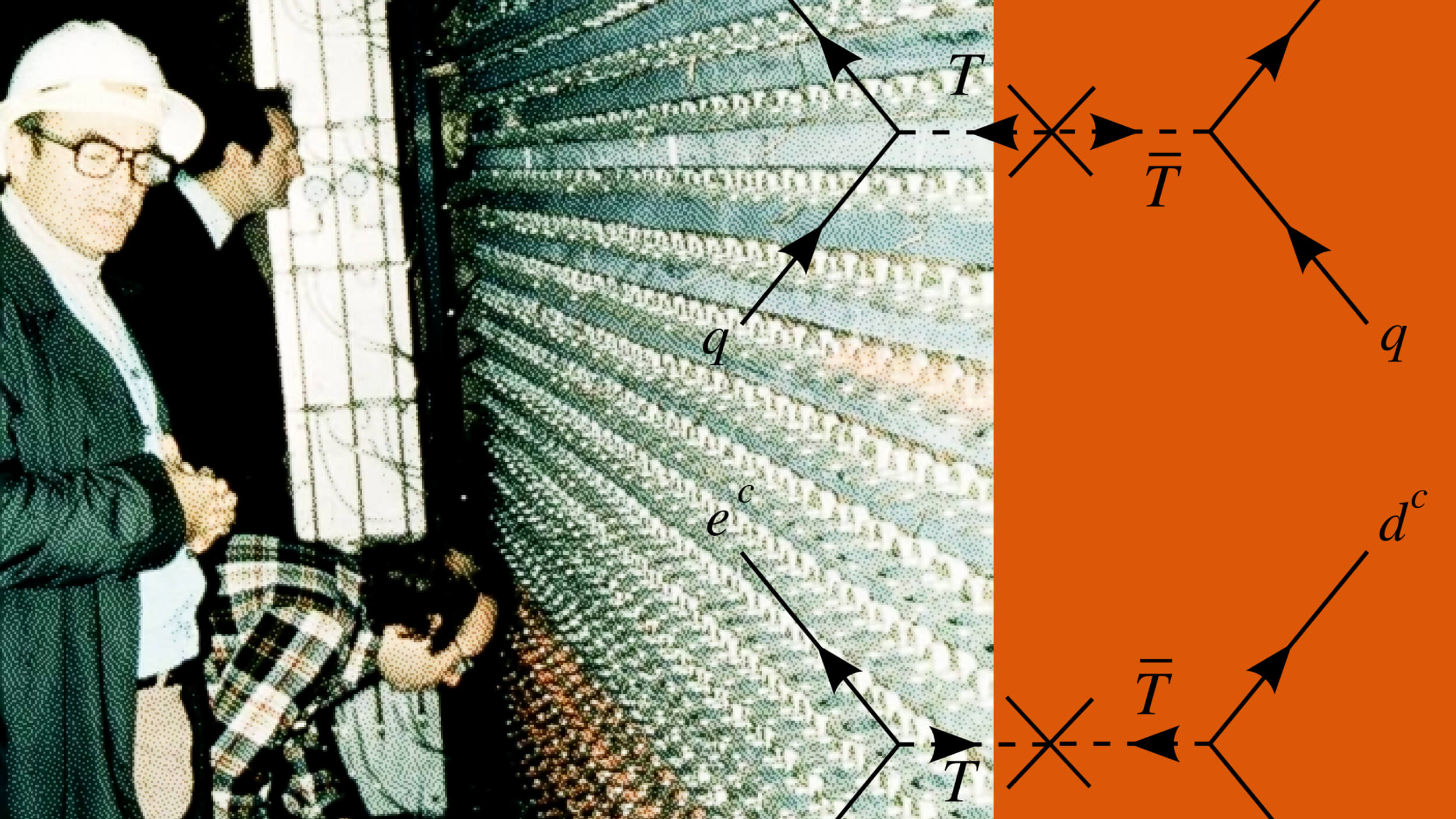Here’s what recent DESI measurements suggest — and why it’s too early to update conventional predictions about the Universe’s distant future.
Search Results
You searched for: energy
The largest particle accelerator and collider ever built is the Large Hadron Collider at CERN. Why not go much, much bigger?
If the electromagnetic and weak forces unify to make the electroweak force, maybe, at higher energies, something even grander happens?
You are an energy field — but not the “chakras” or “auras” kind.
These theoretical megastructures represent one way an advanced civilization might harvest energy from stars.
The expanding Universe, in many ways, is the ultimate out-of-equilibrium system. After enough time passes, will we eventually get there?
CERN’s Large Hadron Collider is the most powerful particle accelerator ever. To go even further, we’ll have to overcome something big.
A radical proposal reimagines Europe as a carbon-neutral continent where national boundaries are replaced by regions defined by renewable energy capabilities.
A new measurement offers insights on the density of the mysterious force driving the Universe’s expansion.
Scientists have been chasing the dream of harnessing the reactions that power the Sun since the dawn of the atomic era. Interest, and investment, in the carbon-free energy source is heating up.
Often viewed as a purely theoretical, calculational tool only, direct observation of the Lamb Shift proved their very real existence.
LHC scientists just showed that spooky quantum entanglement applies to the highest-energy, shortest-lived particles of all: top quarks.
The most common visual depictions of the history of the Universe show the Big Bang as a growing tube with an “ignition” point. Why is that?
Capacitors, acid batteries, and other methods of storing electric charges all lose energy over time. These gravity-fed batteries won’t.
When cosmic inflation came to an end, the hot Big Bang ensued as a result. If our cosmic vacuum state decays, could it all happen again?
In all the Universe, only a few particles are eternally stable. The photon, the quantum of light, has an infinite lifetime. Or does it?
For nearly 25 years, we thought we knew how the Universe would end. Now, new measurements point to a profoundly different conclusion.
The highest-energy particles could be a sign of new, unexpected physics. But the simplest, most mundane explanation is particularly iron-ic.
Without wormholes, warp drive, or some type of new matter, energy, or physics, everyone is limited by the speed of light. Or are they?
The Universe changes remarkably over time, with some entities surviving and others simply decaying away. Is this cosmic evolution at work?
For every proton, there were over a billion others that annihilated away with an antimatter counterpart. So where did all that energy go?
A $30,000 electric vehicle with 400 miles of range that charges in under 10 minutes remains a pipe dream over the near future.
The evidence that the Universe is expanding is overwhelming. But how? By stretching the existing space, or by creating new space itself?
The US needs 28 million EV chargers by 2030. Here’s how it can get there.
What are dark matter and dark energy? The large-scale structure of the cosmos encodes them both, with ESA’s Euclid mission leading the way.
Almost 100 years ago, an asymmetric pathology led Dirac to postulate the positron. A similar pathology could lead us to supersymmetry.
Energy balance is the greatest arbiter of weight gain. Embrace the “oinker diet.”
From forming bound states to normal scattering, many possibilities abound for matter-antimatter interactions. So why do they annihilate?
Why hasn’t matter fallen apart over billions of years? The mystery might start with protons.
McDermitt Caldera, the site of an ancient volcanic eruption, straddles the border of Oregon and Nevada.

